
National

We’ve Seen This Before
As a foreigner who is deeply concerned about our friends and neighbors in the United States, but nonetheless free from the visceral passions any politically engaged, responsible American must justly feel right now, I can only invite you to learn from our history in an attempt to repair the damage and move forward.
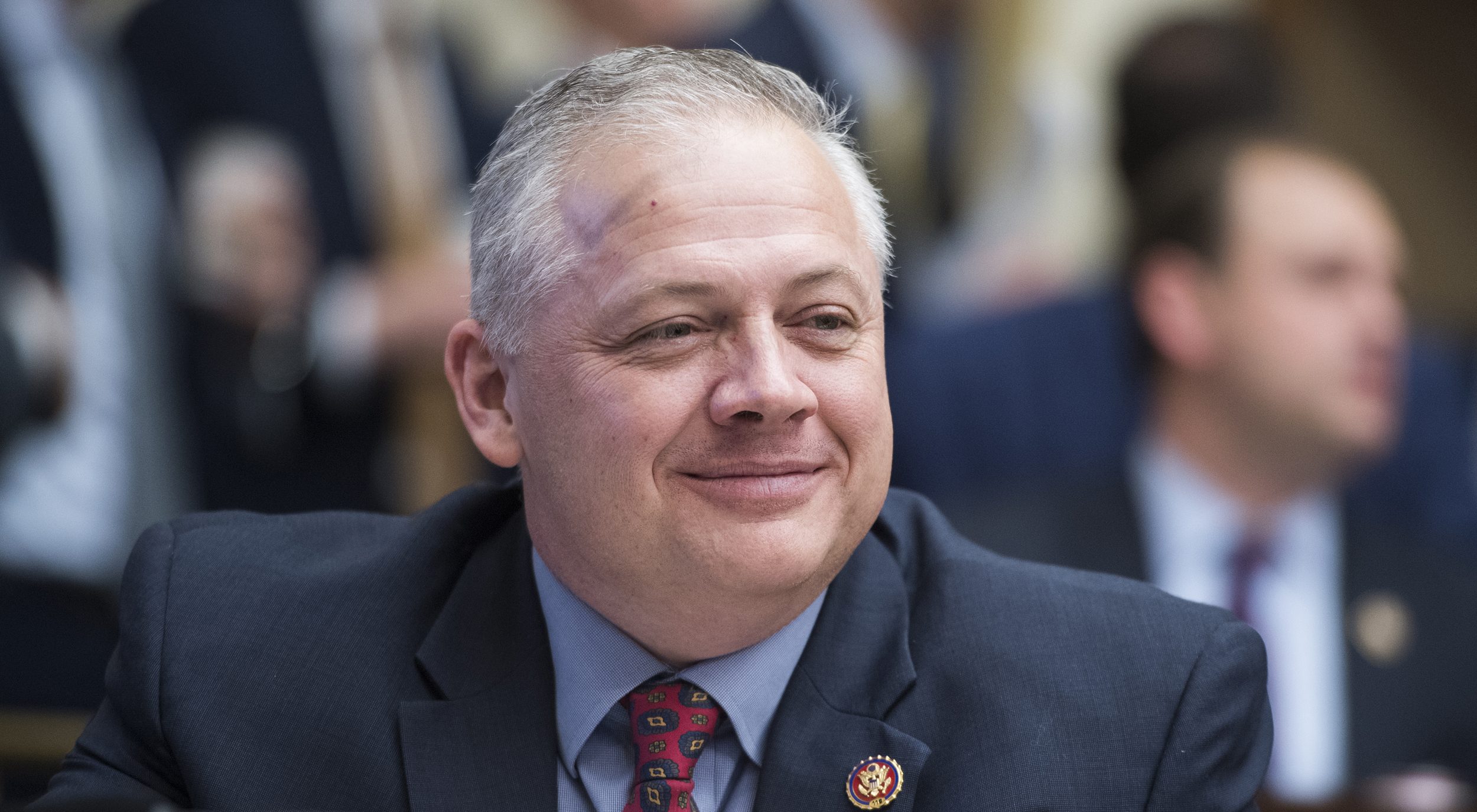
What Bigfoot Can Teach Us About Today’s Republican Party: A Conversation With Outgoing Congressman Denver Riggleman
“We have a leader that can validate [insane belief systems], and it’s just like how Bigfoot is a leader to a lot of people.”
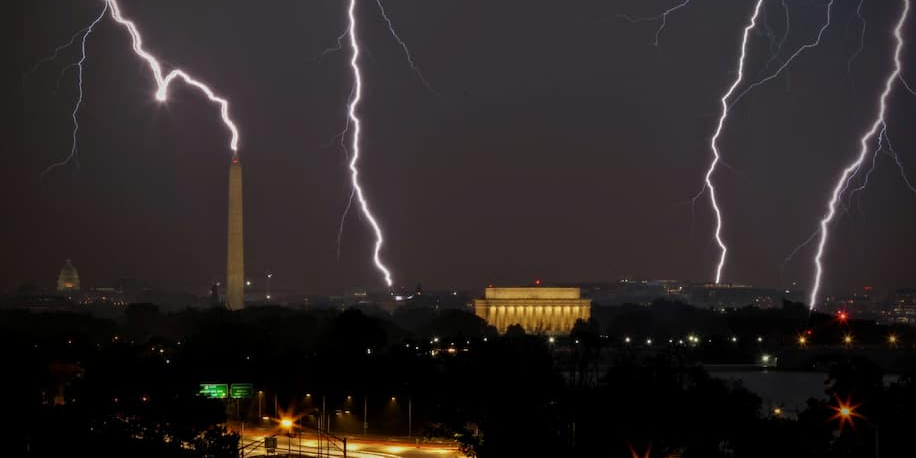
A Fragmented Consensus
Authoritarian regimes seem to have fallen from accepted fashion, the liberalization of the West all but permanent. We have grown used to taking comfort in the status quo, in democracy. But too often, the underlying tremors of national dissolution are hidden by the celebratory cheers of November.
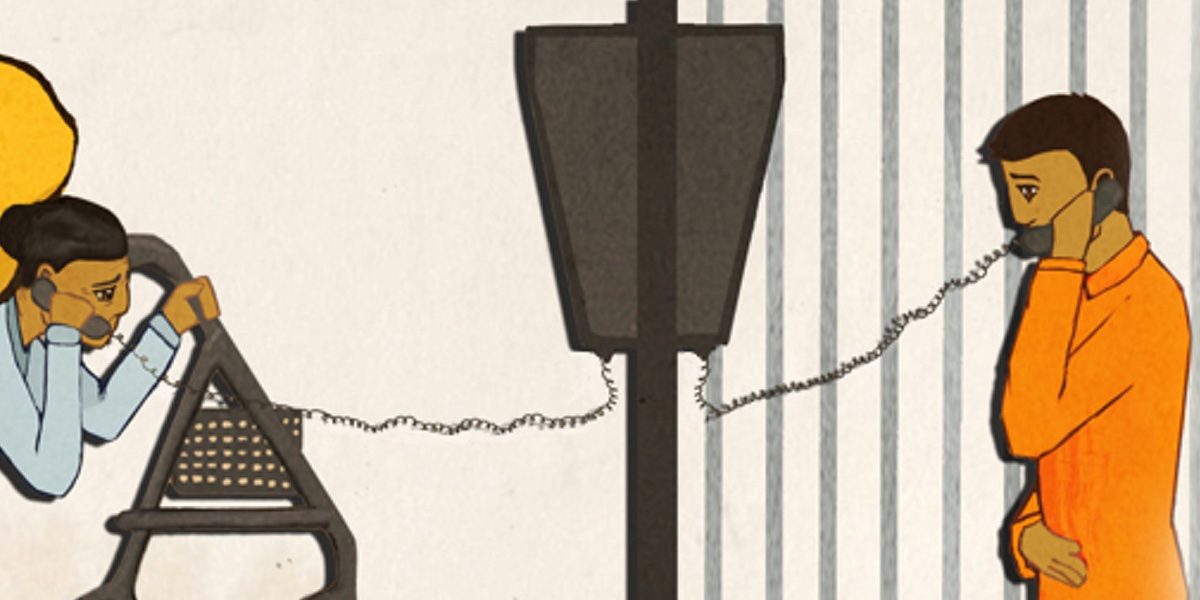
Unspoken Costs: Isolation, Incarceration, and the Prison Telecommunications Industry
“Everything about being incarcerated is really expensive. Too expensive…. They find every way to punish you.”

Twin Pandemics: An Autopsy of the Current Moment
How did we become so anesthetized to the deaths and suffering of the people at society’s margins?
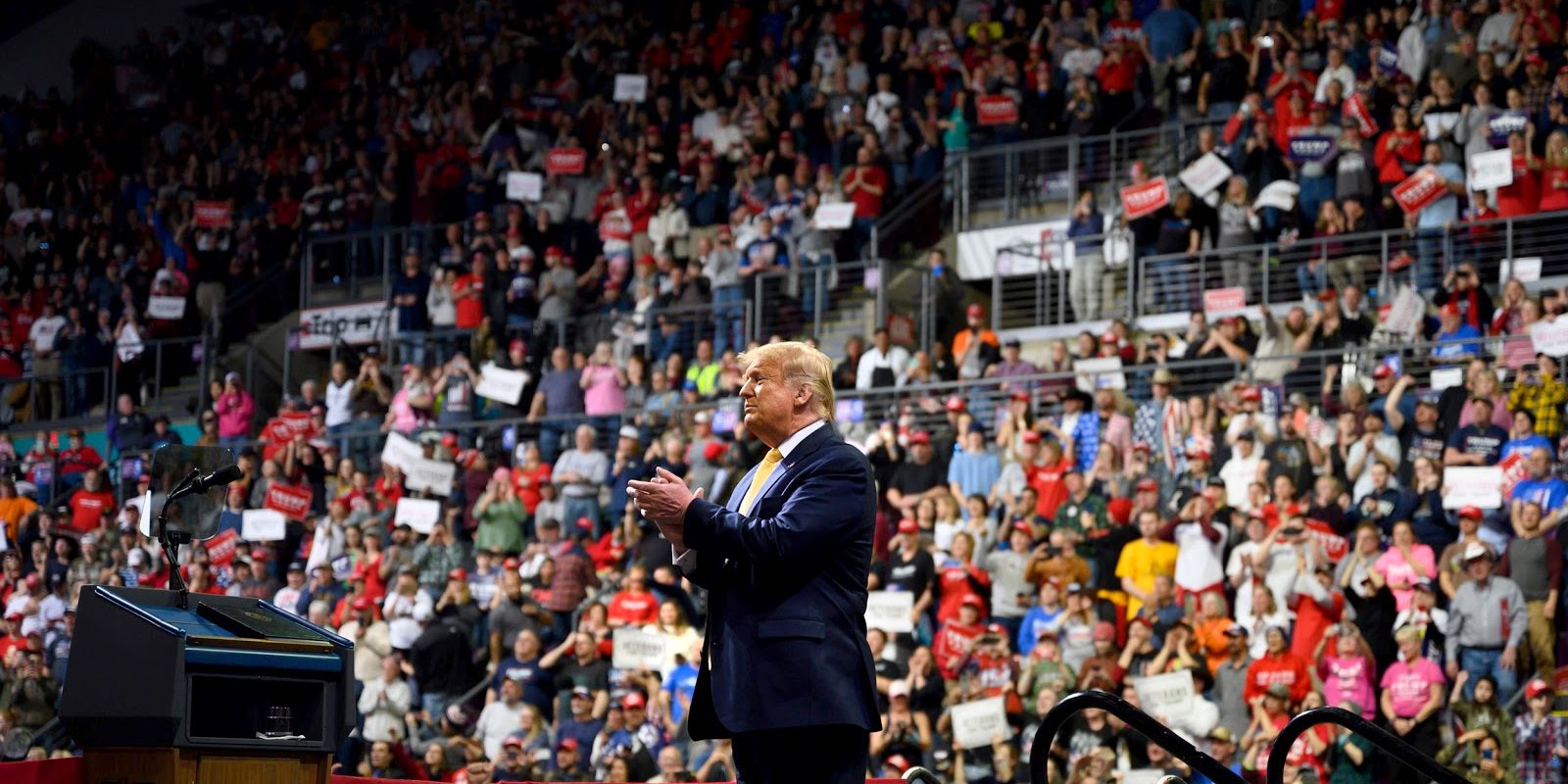
Where is the GOP Going?
The GOP gains in the House and their continued Senatorial strength show a new path for the Republican Party. This poses problems for the liberal left and the libertarian right who have anticipated the electoral collapse of the Republican Party.

It’s the End of the World as We Know it (and Amazon Feels Not-so-Fine)
Establishing a regulatory framework around Amazon that does not address the ability of Amazon to use its power to influence the government would quite possibly take us the way of Dr. Frankenstein. The government’s place is not to run this market but rather to protect the people in it.
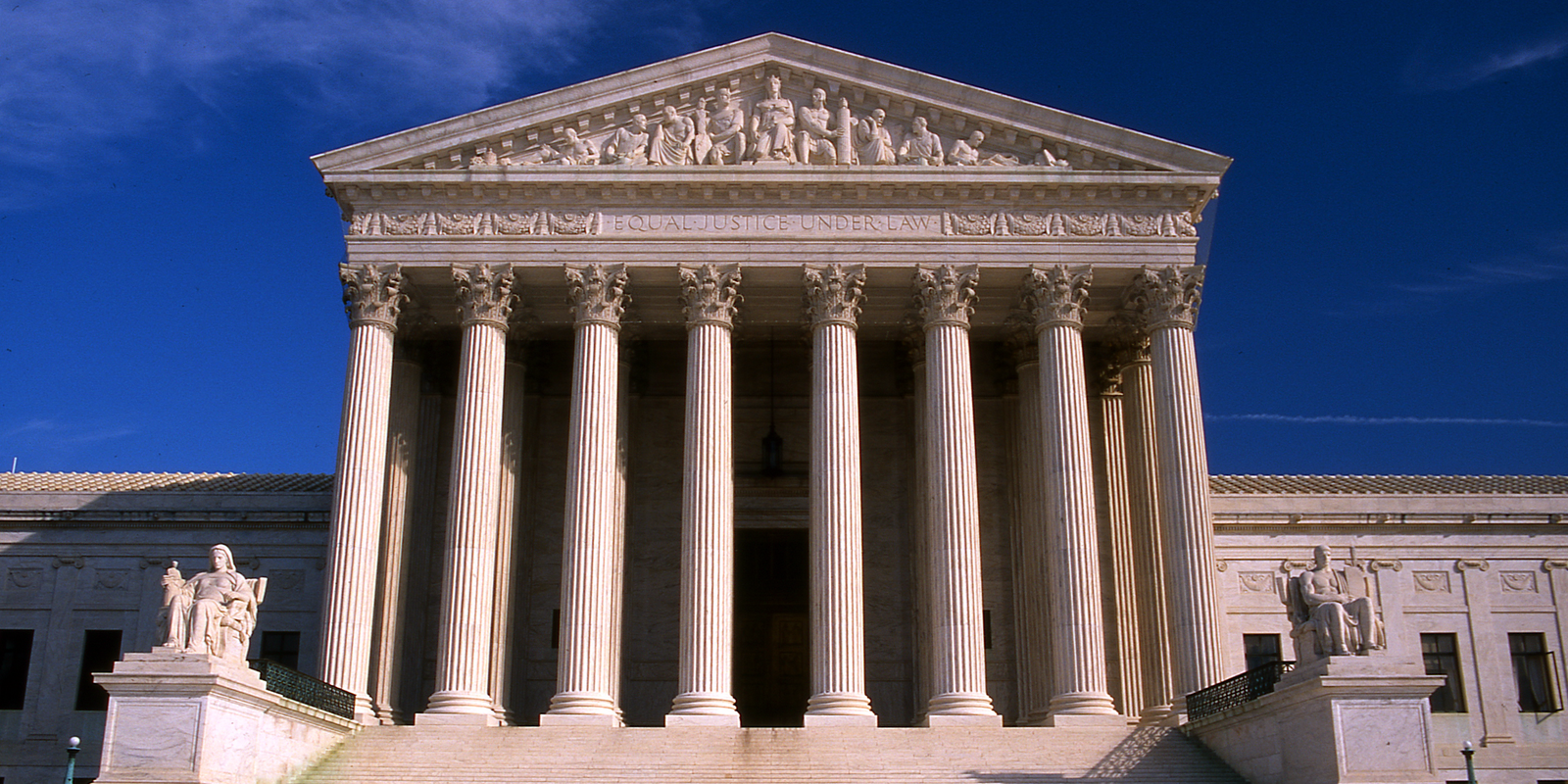
“Another Justice”
In 15 years on the bench, Chief Justice John Roberts has managed to gradually strike at the heart of the last century of American jurisprudence and rescue the 19th century court.
